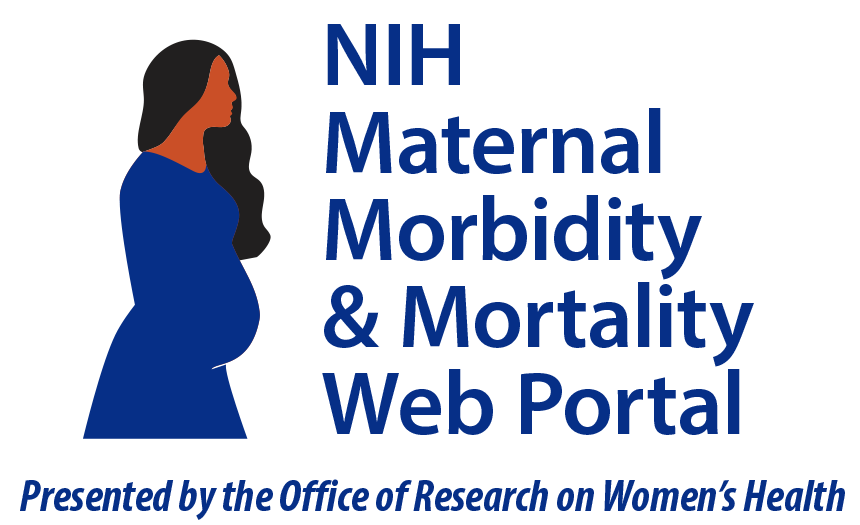Historic document published prior to January 20, 2025
ORWH promotes ongoing studies that seek to advance the science on the health of women. This page includes ongoing studies focused on maternal health at both the NIH and broader U.S. Department of Health and Human Services.
- Chronic Hypertension and Pregnancy (CHAP) Project – This study evaluates the effectiveness and safety of a blood pressure treatment strategy during pregnancy to achieve targets that are recommended for nonpregnant reproductive-age adults (<140/90 mmHg) compared with the American College of Obstetricians and Gynecologists–recommended standard during pregnancy (no treatment unless blood pressure is severe).
- Final Research Plan: Aspirin Use to Prevent Morbidity and Mortality from Preeclampsia - Preventive Medication – This research plan is designed to study maternal health outcomes among women who are at increased risk of preeclampsia and use aspirin during pregnancy.
- nuMoM2b Heart Health Study – This study investigates the relationship between experiences during pregnancy and cardiovascular health 2 to 3½ years post-pregnancy.
- Human Placenta Project – This Eunice Kennedy Shriver National Institute of Child Health and Human Development–led project is a collaborative research effort to understand the role of the placenta in health and disease.
- Pregnancy Risk Assessment Monitoring System (PRAMS) – This Centers for Disease Control and Prevention (CDC) and health departments surveillance project collects jurisdiction-specific, population-based data on maternal attitudes and experiences before, during, and shortly after pregnancy. Researchers can use this data to investigate emerging issues in reproductive health.
- PregSource – This research project is designed to learn about pregnancy directly from pregnant women.
- Prevention of Iron Deficiency Anemia Post-delivery (PRIORITY) – This 2-arm, randomized-controlled trial study is focused on postpartum women who are diagnosed with moderate anemia based on a blood sample taken 6-48 hours after childbirth. The study will be implemented at eight sites in seven countries: Bangladesh, Democratic Republic of the Congo, Guatemala, India (Nagpur and Belagavi), Kenya, Pakistan, and Zambia.
- Researching COVID to Enhance Recovery (RECOVER) – This research initiative from the National Institutes of Health (NIH) seeks to understand, prevent, and treat post-acute sequelae (PASC), including Long COVID.

